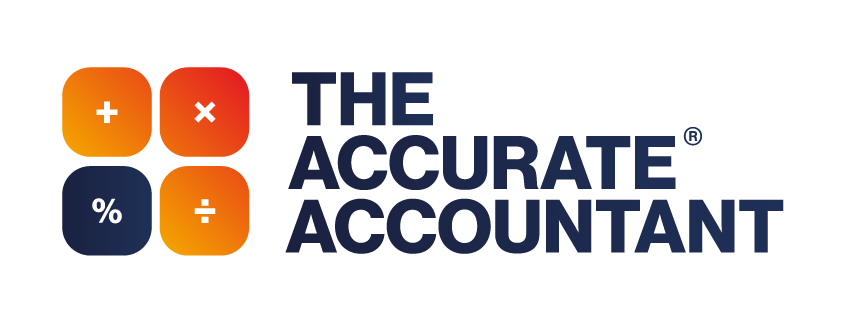7 Strategies to Manage Cash Flow in Your KBB Business
Good cash flow management is vital to the success of your small business. In fact, research shows that mismanagement of cash flow contributed to 82% of small business failures - a worrying statistic, to be sure. As a small business owner, cash flow may well feel like the bane of your life but we have seven strategies to make this process easier and ensure that your company stays on track for financial success. Let’s take a look.
1. Create a Cash Reserve
It’s always a good idea to have a safety net in place. A cash reserve will help you to cover unforeseen costs and keep your business afloat should disaster strike. Speaking to Business News Daily, Jay Singer of Mastercard advised “it would be wise to have enough cash on hand to cover up to six months of your average cash flow.”
2. Stay Frugal
Every business owner knows that it can be difficult to find a balance between business growth and conversative spending. However, it’s important to develop a minimum viable budget and continue to stick to it, even when cash is flowing into your business. Good times don’t last forever and if you’re unable to save money when the going is good, it will be incredibly difficult to do so during hard times.
3. Keep an Eye on Your Inventory
Managing your inventory poorly can cause a whole host of expensive problems which seriously damage your cash flow. You risk failing to fulfil orders based on inventory demands that should have been predictable, and then incurring further costs by having to fill backorders. This also results in disappointed customers, meaning that your reputation is likely to take a hit.
Furthermore, when you fail to properly organise your inventory you may misplace items and end up ordering replacements that you don’t actually need. You may also let items expire and become worthless, rather than selling them off at a discounted rate. The likelihood is that you’re probably also paying for more space than you actually need.
4. Lease Your Equipment
Buying equipment may prove cheaper in the long term and therefore may help with profitability, but profit means very little if you run out of cash. On top of this, frequently forking out for expensive upgrades can present a real problem when funds are tight. Leasing equipment leaves you with more cash in the bank and helps to regulate your cash flow. Moreover, you may have the option to purchase the equipment at the end of the lease or upgrade it.
5. Equipment Loans
If buying rather than leasing equipment makes more sense for your small business, then it’s still worth considering an equipment loan. This type of loan functions in much the same way as a traditional bank loan, but is lower-risk. Before taking out an equipment loan, be sure to consider how quickly your equipment is likely to become outdated; if the answer is “soon” then leasing may be a better option.
6. Borrow When the Going Is Good
Prevention is always better than the cure, so borrow money when your finances are looking good. It’s better to open a line of credit now and be able to use it later than risk rejection from the bank when your business is already in peril. In addition to this, seeking a loan when your business is in good financial health will also help you to secure better rates and give you the freedom to shop around.
7. Hire A Great Accountant
Cash flow problems often sneak up on business owners. It definitely pays to have a professional on-side who can spot problems from a mile off and provide solutions before your business starts to suffer. Hiring a proactive accountant will help to protect your business against future cash flow problems and keep you in the green.
Summary
Good cash flow management is all about preparing for the worst and maintaining sensible financial habits even when the going is good. By creating a cash reserve, remaining frugal and keeping on top of your inventory, you can protect yourself against the cash flow problems that cause so many small businesses to fail. It’s certainly worth borrowing during the good times and considering equipment loans or leases rather than buying outright, too. Finally, the best thing you can do to maintain a healthy cash flow for your small business is to hire a great accountant who will go the extra mile to ensure that your bank balance stays healthy for years to come.

